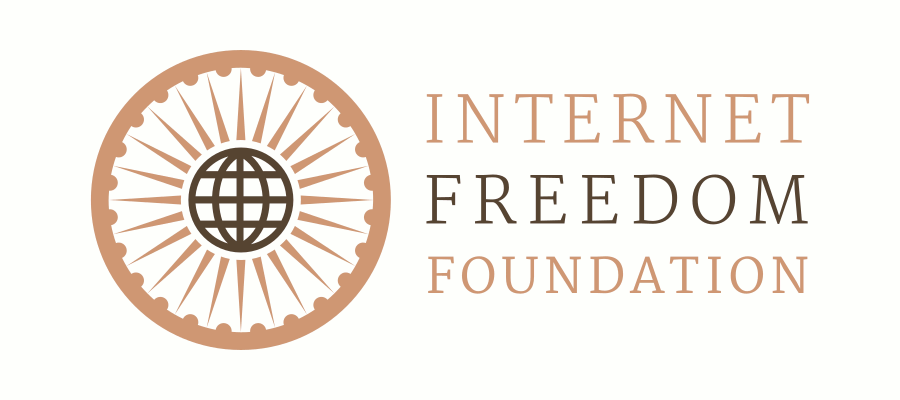This week, media reports have indicated that the Government of India on August 16, 2017, and August 24, 2017 issued a terse letter directing the blocking of twitter handles, hashtags, and individual tweets. This includes a tweet from the news wire service ANI and parody/gossip handles such as @LutyensMasala and @LutyensSpice. These blocking orders call for urgent focus on the problematic process and legality of website blocking in India.
What do the letters say?
The letters which have been issued under Section 69A of the Information Technology Act, 2000, and the Information Technology (Procedure and Safeguards for Blocking of Access of Information by Public) Rules, 2009 [“Blocking Rules, 2009”].
-
The letter issued on August 16, 2017 (available here) is accompanied with a list of URLs and hashtags running into 133 entries (available here). The letter issued on August 16, 2017 is premised on earlier requests for blocking and states that, “it came to the notice of this Ministry that certain URLs which were ordered for blocking in the aforesaid meeting are still accessible”. There is no aforesaid date for meeting, with the only relevant reference being, “several occasions”.
-
The letter issued on August 24, 2017 (available here) is accompanied with a list of URLs running into 115 entries (available here), it states the order has been issued due to information, “received from law enforcement agency” that tweets/handles are, “propagating objectionable contents”. It then directs them to “block/remove” the 115 entries, “in the interest of the public order as well as for preventing any cognizable offence”.
What’s the problem?
There letters are vague and illegal even of the few safeguards which are contained under law.
-
No notice or hearing: These blocking orders do not record whether any opportunity was provided to Twitter’s users prior to passing this order. This is required not only by Rule 8(1) of the Blocking Rules, 2009, but also by the constitutional norms which require the government to provide an opportunity of hearing.
-
Absence of reasons: While on the face of it both the letters dated August 16 and 24 contain reasons for the blocking, they are not explanatory, and are what are termed in the law as “non-speaking orders”. The reasons, beyond merely hinting at “public order”, lack any specificity. They fail to reason what the illegality is, and under which substantive provision of law the illegality is. Finally, they bunch together a large laundry list, without specifying on what reasons these individual tweets, twitter handles and trends were blocked.
-
Overbroad, pre-censorship: We are also concerned that the blocking of Twitter accounts and hashtag trends is broad pre-censorship. Twitter accounts and especially hashtag trends may not be illegal in themselves, as compared to individual tweets. Such censorship is incredibly worrying and reminiscent of the “keyword based censorship” as practiced in China. This may set a grave precedent in which certain words and phrases are scrubbed off search engines, and off our online vocabularies.
-
Lack of transparency: The Blocking Rules contains problematic language which has been cited in the past by government to prevent disclosure of blocking orders. Though the present letters have been made available on Lumen, this is a departure from regular practice which lacks transparency. We urge the government to publish all blocking orders.
The blocking of any content impacts not only the speakers of the content, but also the fundamental right of persons to receive information.

